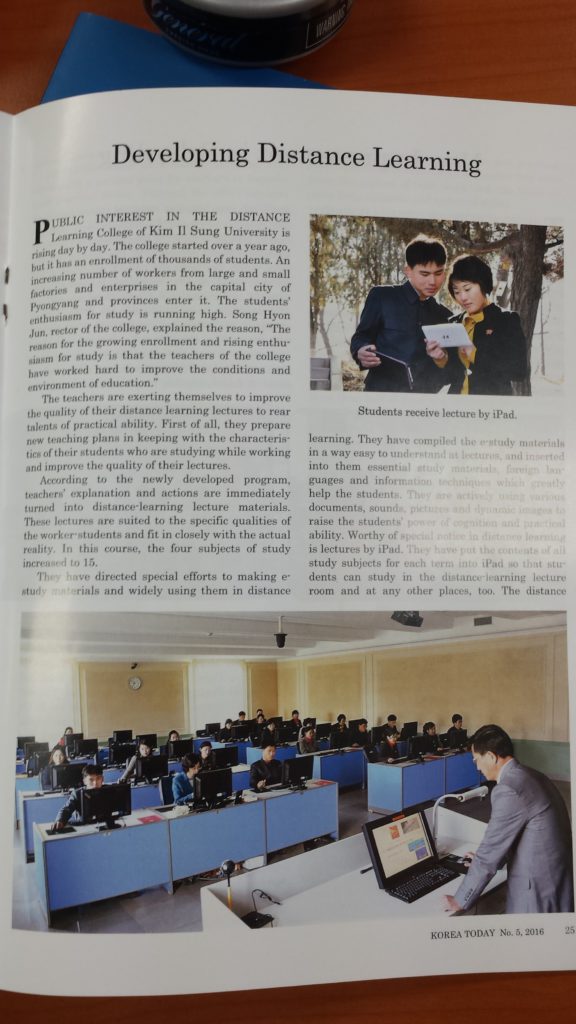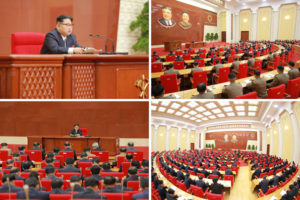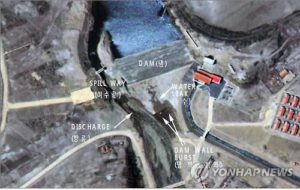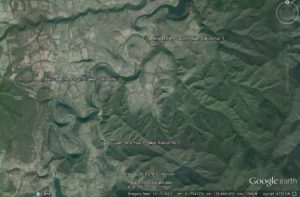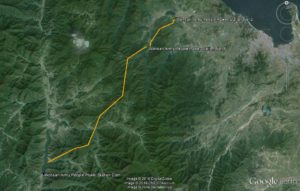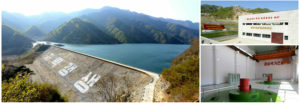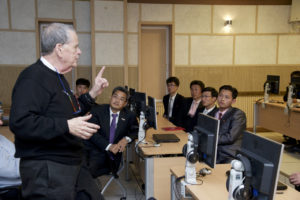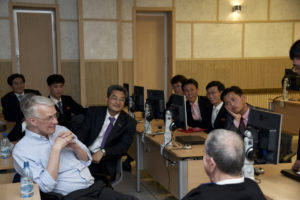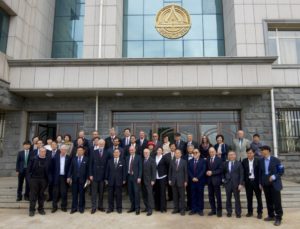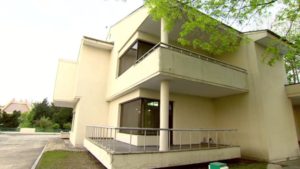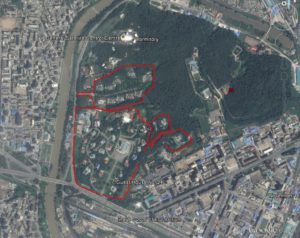By Benjamin Katzeff Silberstein
This is an interesting piece of news, not least given the almost complete lack of concrete economic policy coming out of the 7th Party Congress (aside from the 5-year plan). Two points to note: First, the university will apparently use “e-teaching” which presumably means online courses. Does North Korea have the technological infrastructure to disseminate online teaching on a broader scale? Second, it seems like the university will focus on business and management training rather than national economics per se. IFES reports:
While currently under the most stringent international sanctions imposed following its fourth nuclear test, North Korea opened a new university in Pyongyang focused on nurturing economic experts.
The Choson Sinbo, a pro-North Korean press in Japan, reported on April 28 that the new university held its opening ceremony on April 1, 2016.
‘Pyongyang Economy and Technology University’ (평양경제기술대학 Pyeongyanggyeongjegisuldaehak) is the new name of the already existing ‘Pyongyang Professional School of Statistics’ (Pyeongyangtonggyejeonmunhakgyo), an institution previously established for the same purpose.
According to the news report, the institution established departments and classes accordingly as it aims to train experts on practical technology in economy for factories and companies. The curriculum is said to be practical, comprehensive, and modern, and to emphasize on-site education and research on the current economic situation.
The news report also mentioned that the university has improved its educational conditions and environment, and that it has commenced initiatives to improve the quality of its staff as well as informatization of the practicum for its major subjects.
The university offers a library for e-books and audio-visual classrooms for foreign languages, and it has informatized and databased teaching methods, administration for academic affairs, etc.
Song Sam-Sung, the president of the institution, stated that the university plans to develop a new initiative to distribute e-teaching plans prepared by the university’s employees to professional technical universities throughout the country.
The university first opened in October 1969 as a vocational high school and was developed to become ‘Pyongyang Professional School of Statistics’, which was equivalent to a technical college. It was restructured into a professional-technical university beginning last year.
Full article here:
New Economics University Opened in Pyongyang to Nurture Economics Experts
Institute for Far Eastern Studies
2016-05-09
(Update 2016-05-12)
The original article from Choson Sinbo is available here, though you need to go through a very simple registration process to get login details.
The website Tongil News also writes about the school here.
(Update 2016-05-18)
I found another article in Korea Today (no. 5, 2016) about online teaching in North Korea. This one is about online courses taught at Kim Il Sung University.
Photo credits: Benjamin Katzeff Silberstein.
